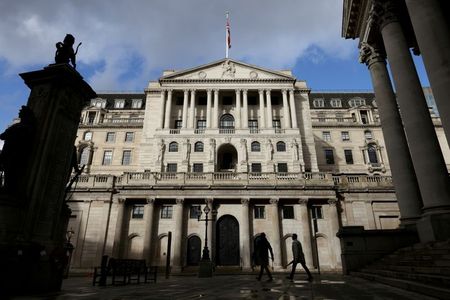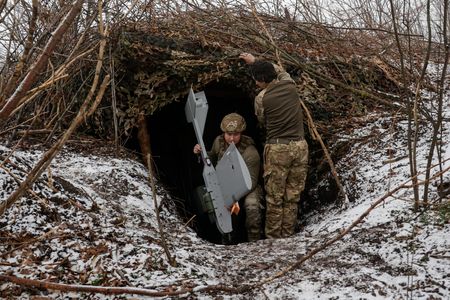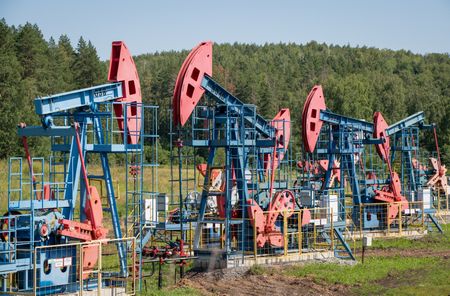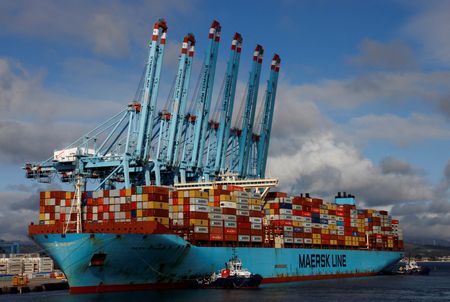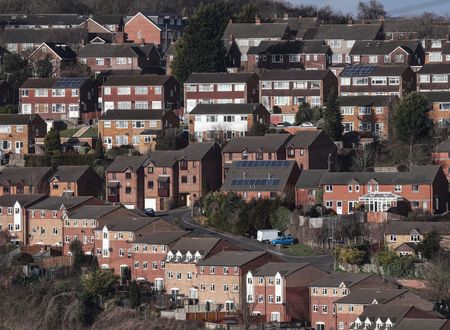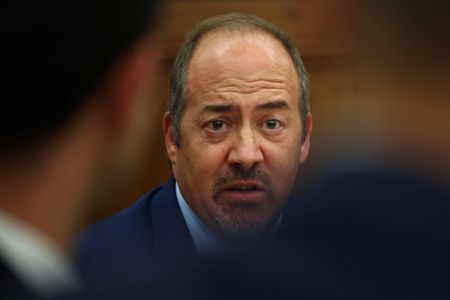By William Schomberg and Kate Holton
LONDON (Reuters) -Bank of England policymaker Michael Saunders, who voted for an interest rate hike last month, said on Friday he wanted more information about the impact of the new Omicron coronavirus variant before deciding how to vote this month.
Saunders said Omicron might slow Britain’s economy but it could also add to inflation pressures if it led to people spending more money on goods, when supply chains are already strained, than on going out or on other services.
“At present, given the new Omicron COVID variant has only been detected quite recently, there could be particular advantages in waiting to see more evidence on its possible effects on public health outcomes and hence on the economy,” Saunders said in a speech.
Sterling fell on the comments by Saunders which investors took as reducing the likelihood of the BoE raising rates from their current all-time low of 0.1% on Dec.
16, at the end of this month’s meeting.
Investors were pricing in only a 33% chance of a December rate hike after the speech, down from about 75% last week before news broke of the new variant.
The British central bank upended bets by investors on a rate hike on Nov. 4 when it said it wanted to wait for more data on whether the end of the government’s job protecting furlough scheme had led to a jump in unemployment.
Saunders said there did not appear to have been a big hit to the labour market and there were risks from delaying a rate hike too long because that could lead the labour market to tighten further and push up already high inflation expectations.
“This could require a more abrupt and painful policy tightening later,” Saunders said. “For me, the balance between these considerations is likely to be a key factor at the December meeting.”
He said the rates were likely to rise over the next few quarters, assuming the economy behaves as expected.
In a question-and-answer session after his speech, the former Citi economist declined to give a steer on his likely decision at this month’s meeting.
“I don’t want to use code words today to indicate either way as to what my vote at the December meeting might be.
There are potential costs and benefits to waiting for more data,” he said.
Saunders and Deputy Governor Dave Ramsden were the two members of the BoE’s nine-strong Monetary Policy Committee who cast votes in early November to raise Bank Rate to 0.25% from its pandemic emergency, all-time low of 0.1%.
(Reporting by William Schomberg; Editing by Kate Holton and Alison Williams)

